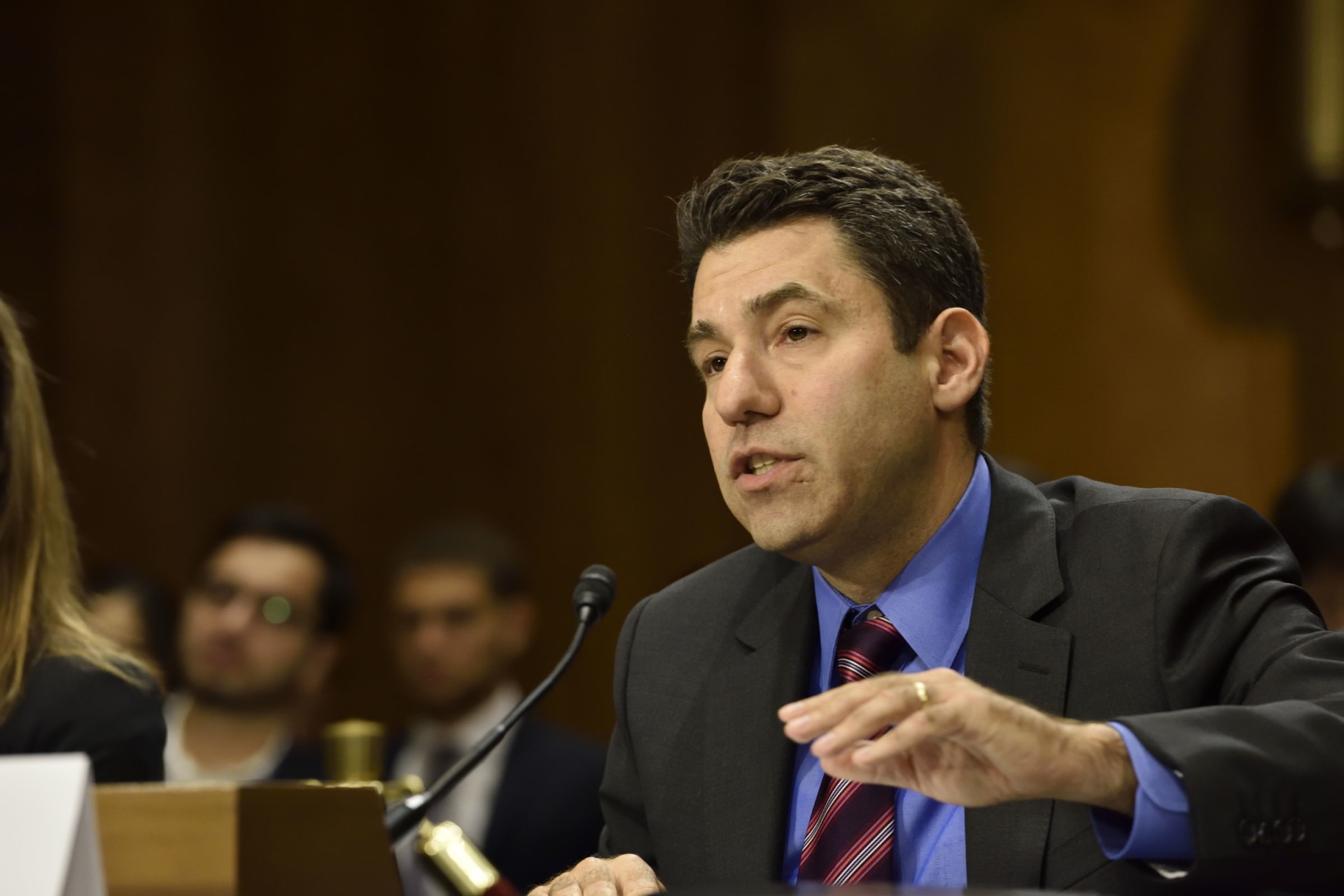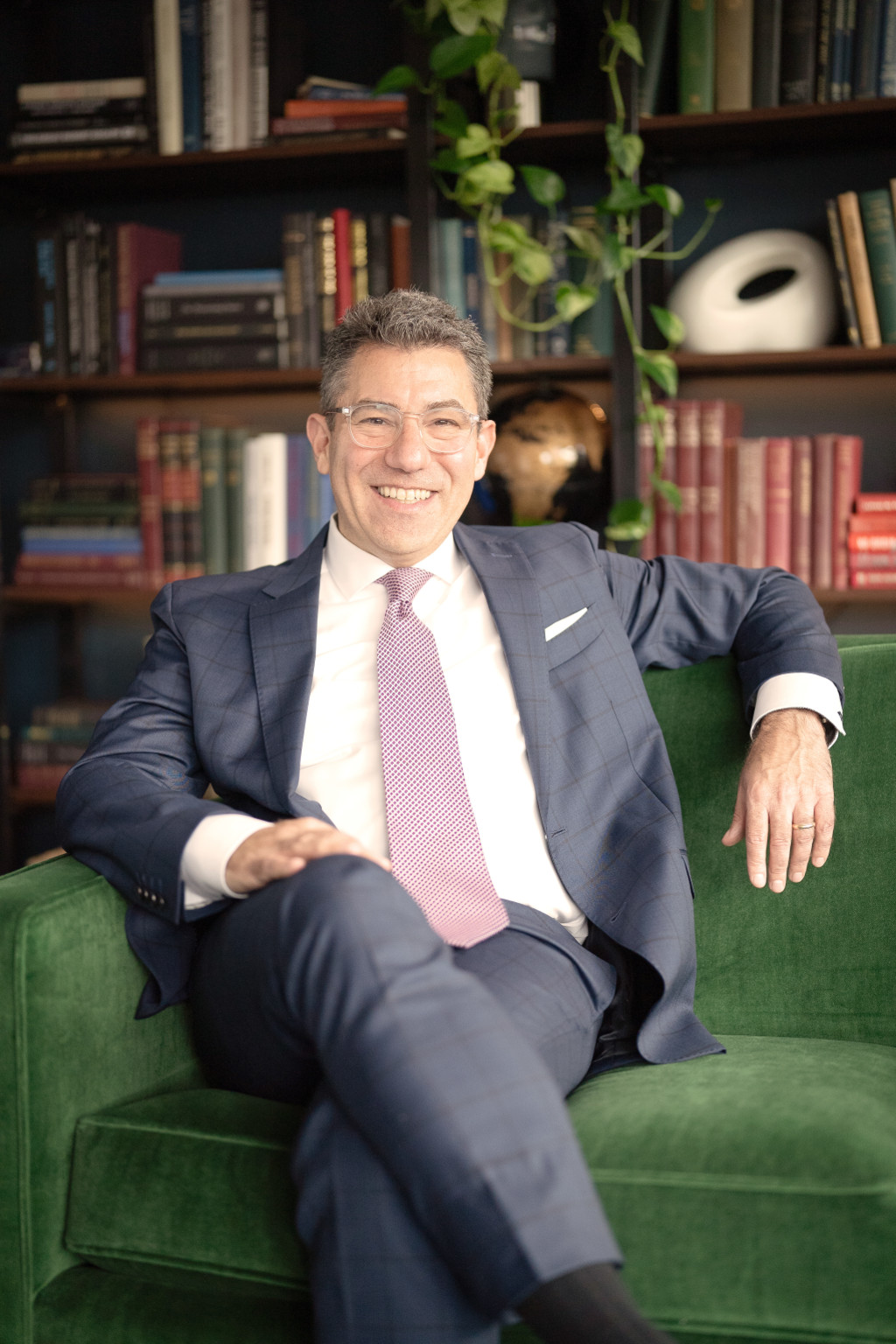Priorities and Challenges in the U.S.-Turkey Relationship
Steven A. Cook’s testimony on U.S.-Turkey relations before the Senate Committee on Foreign Relations on September 6, 2017.

By experts and staff
- Published
Experts
![]() By Steven A. CookEni Enrico Mattei Senior Fellow for Middle East and Africa Studies
By Steven A. CookEni Enrico Mattei Senior Fellow for Middle East and Africa Studies
Earlier this week, I testified before the Senate Committee on Foreign Relations at a hearing on the priorities and challenges facing the U.S.-Turkey relationship today. I argued that the relationship is in need of a thorough reevaluation.
